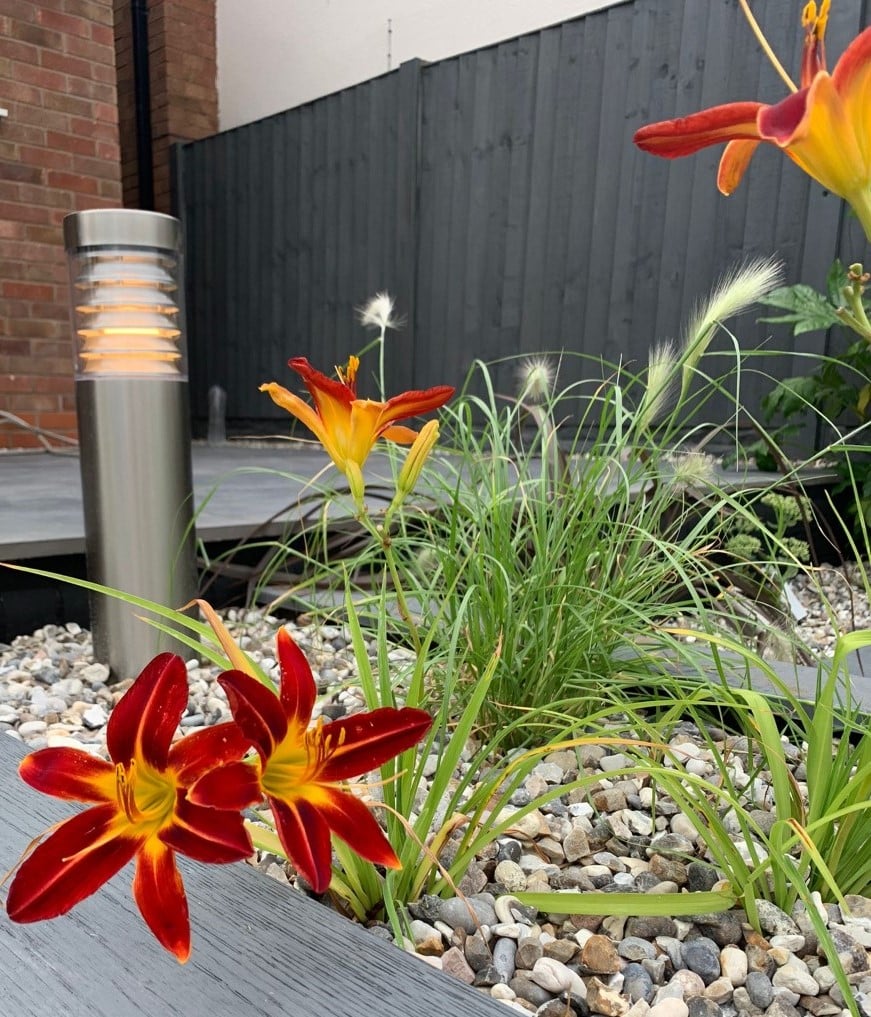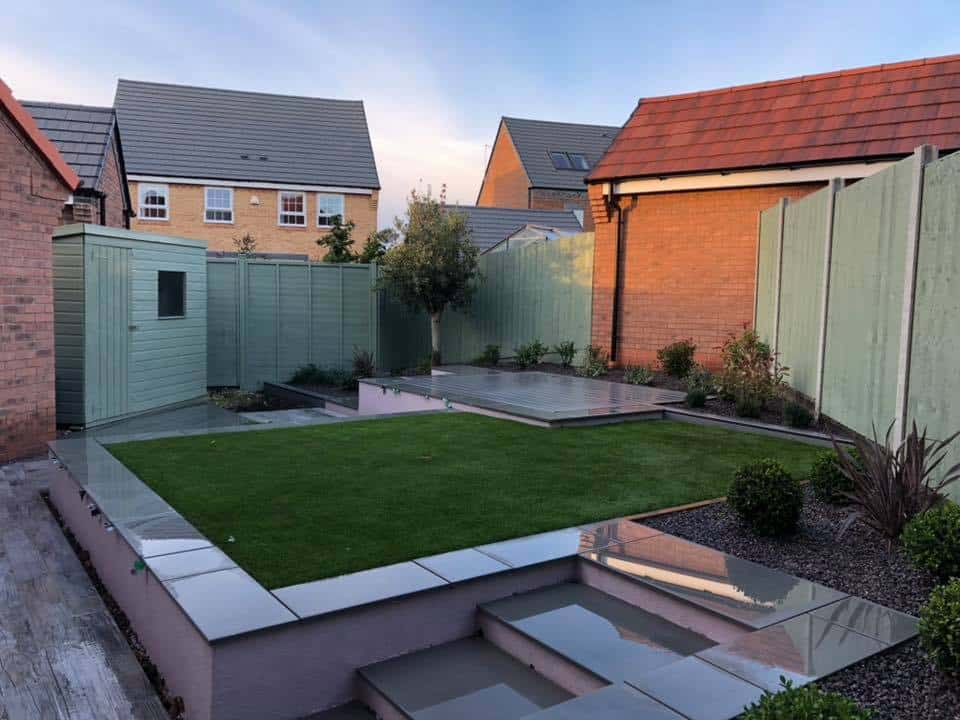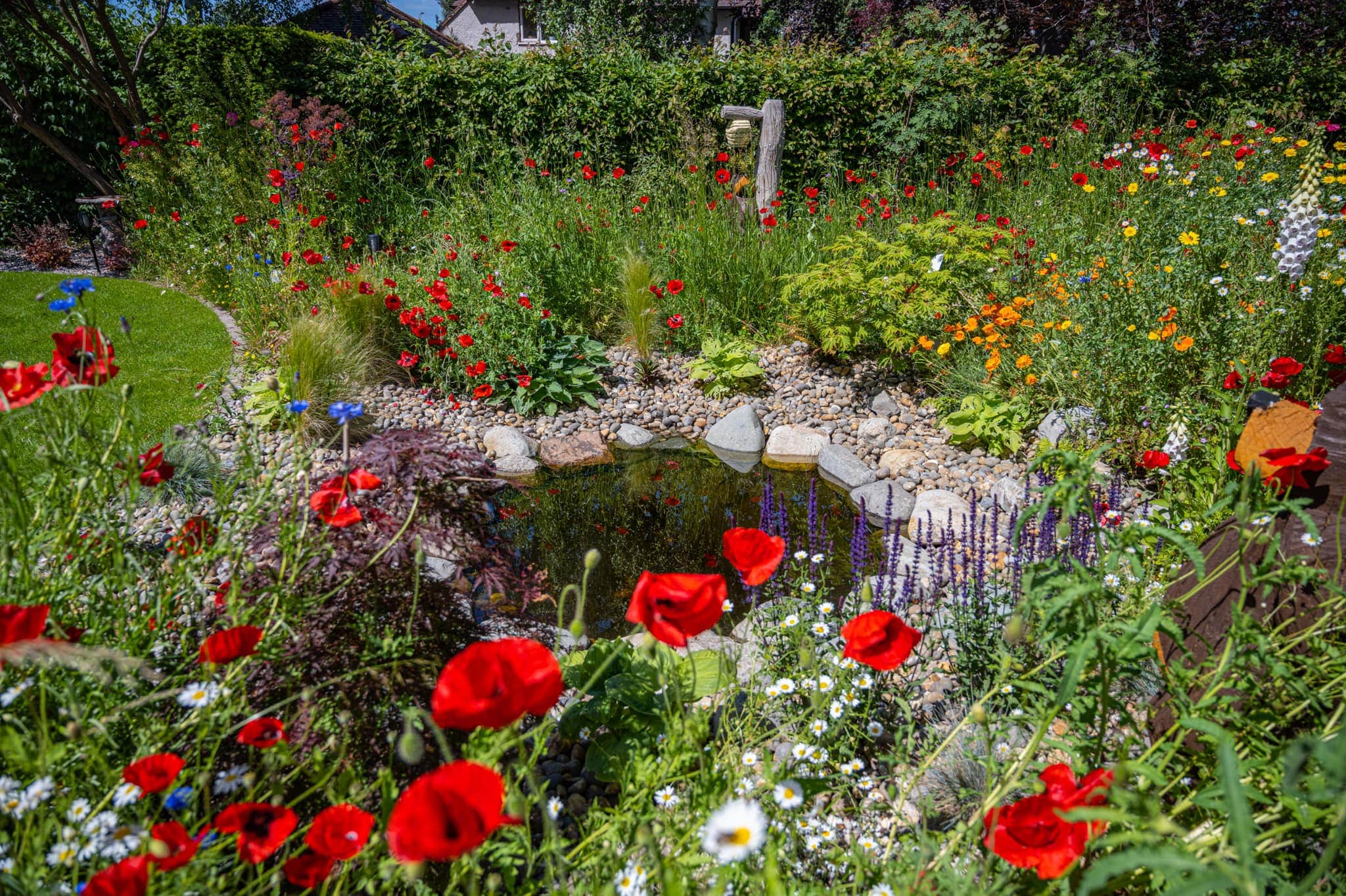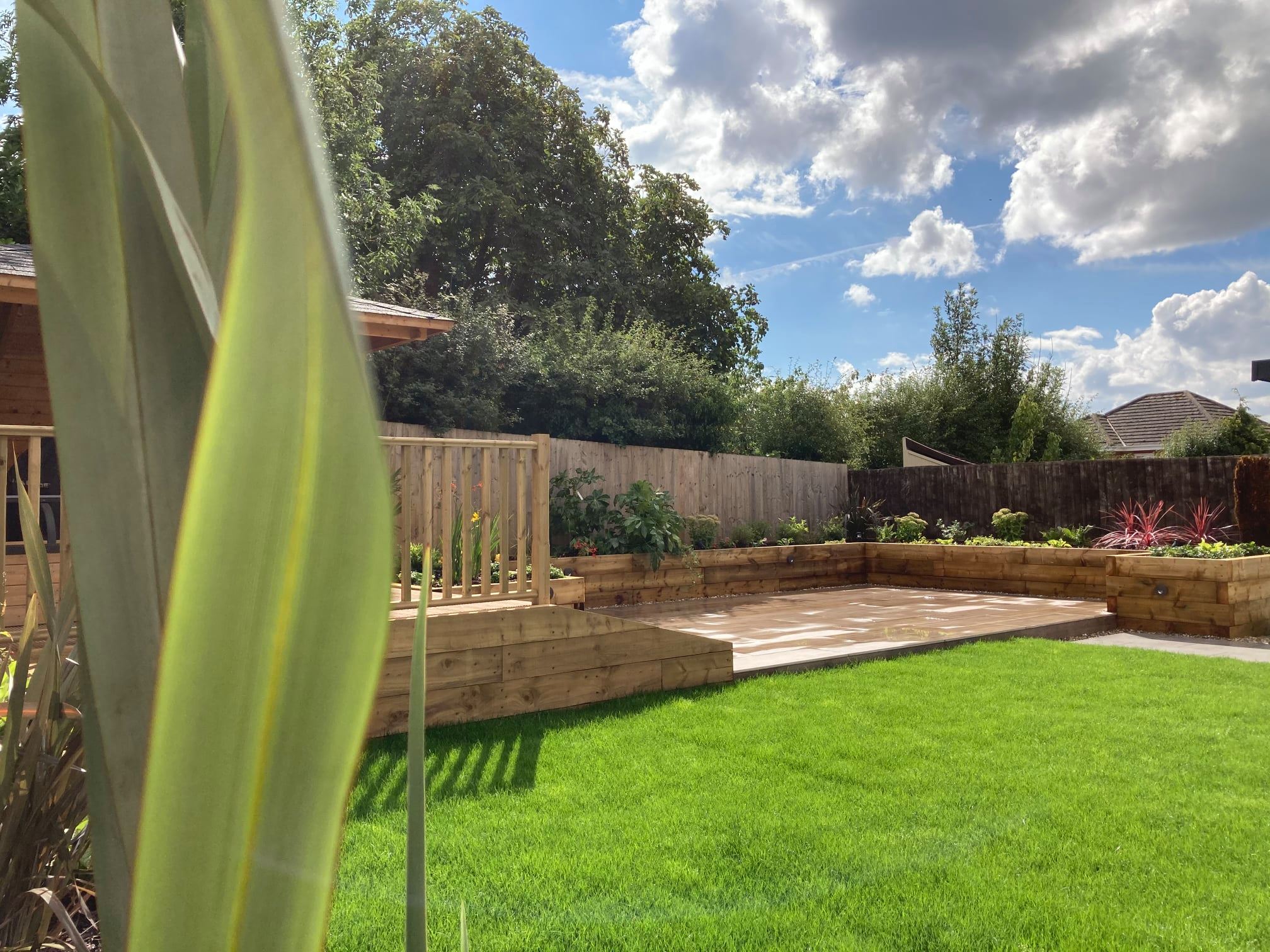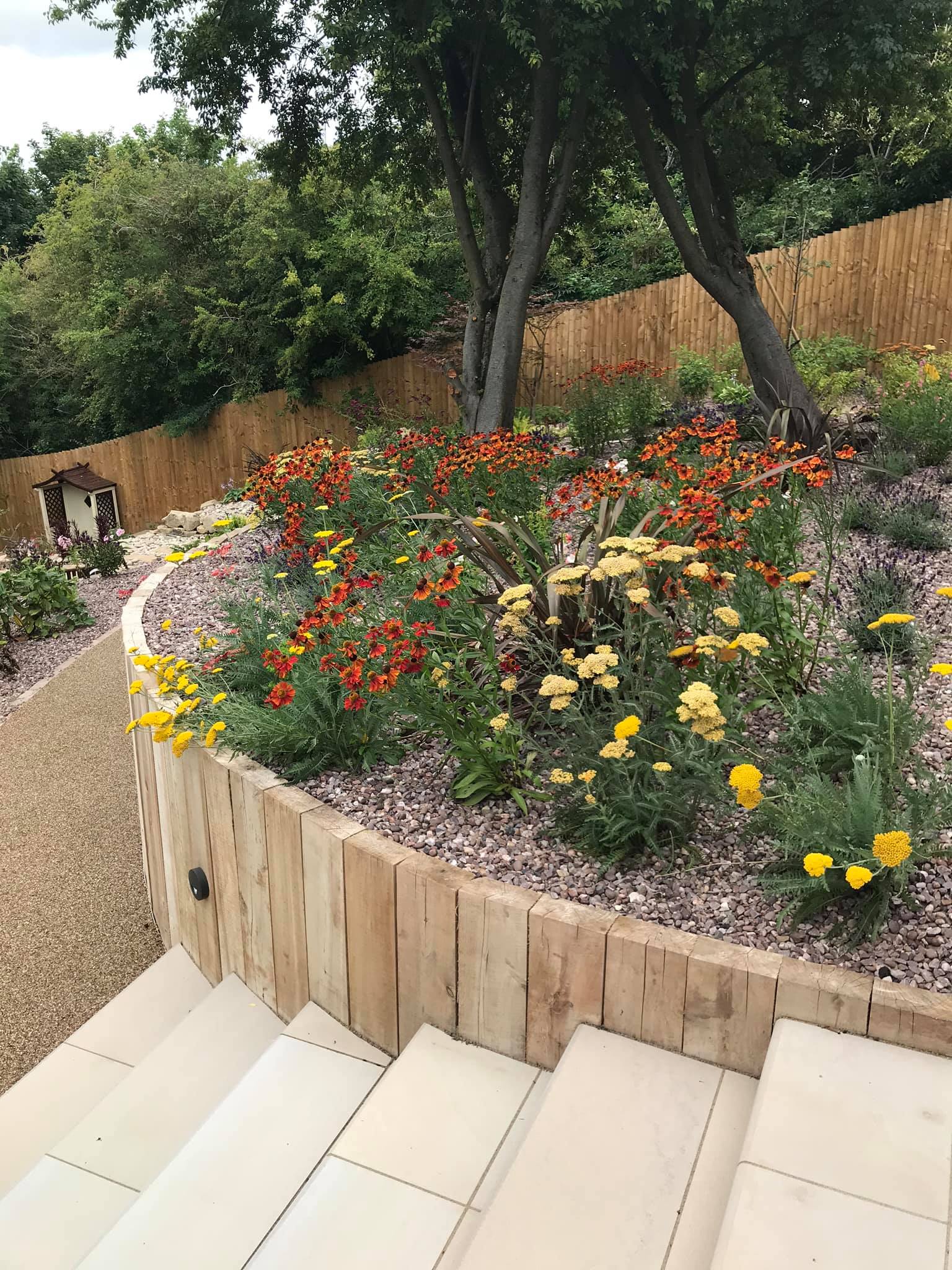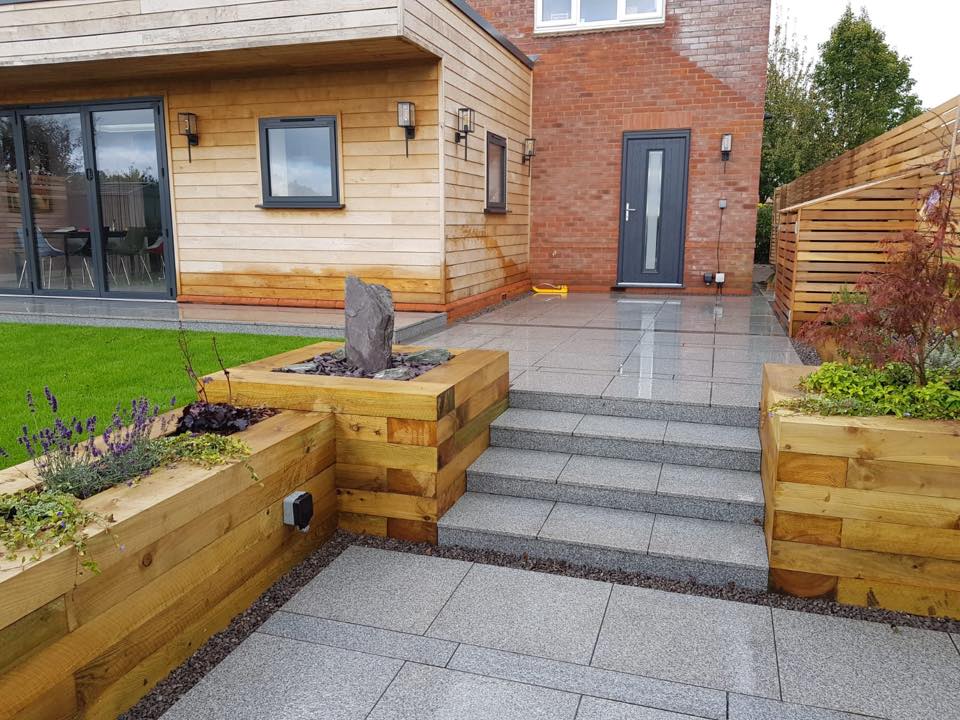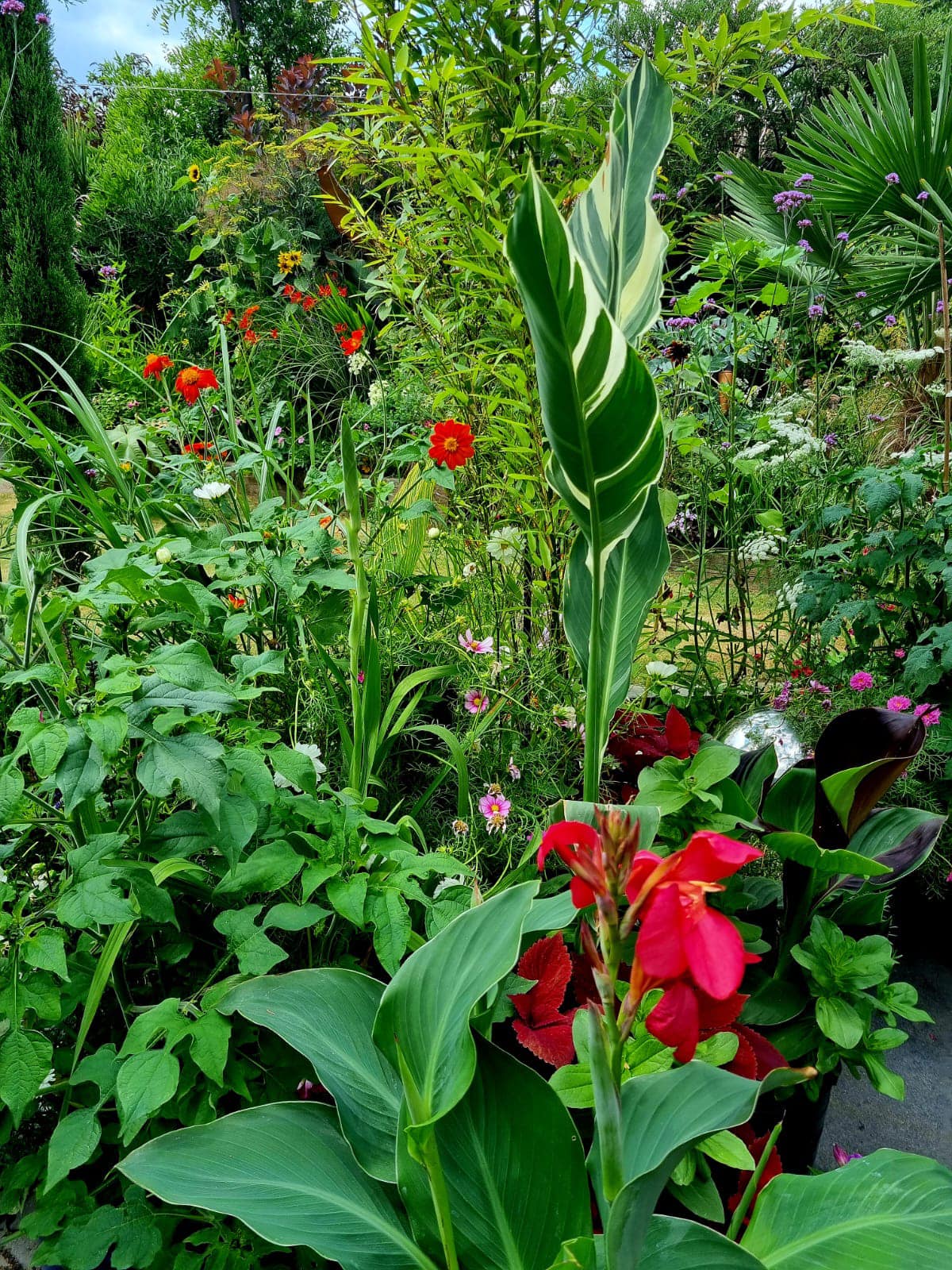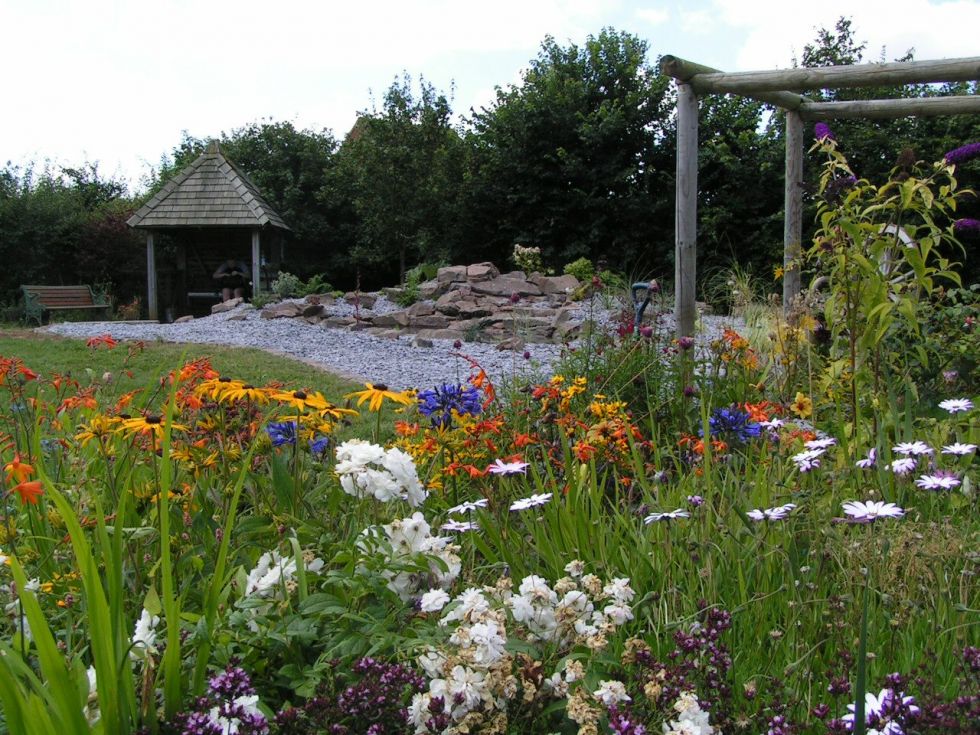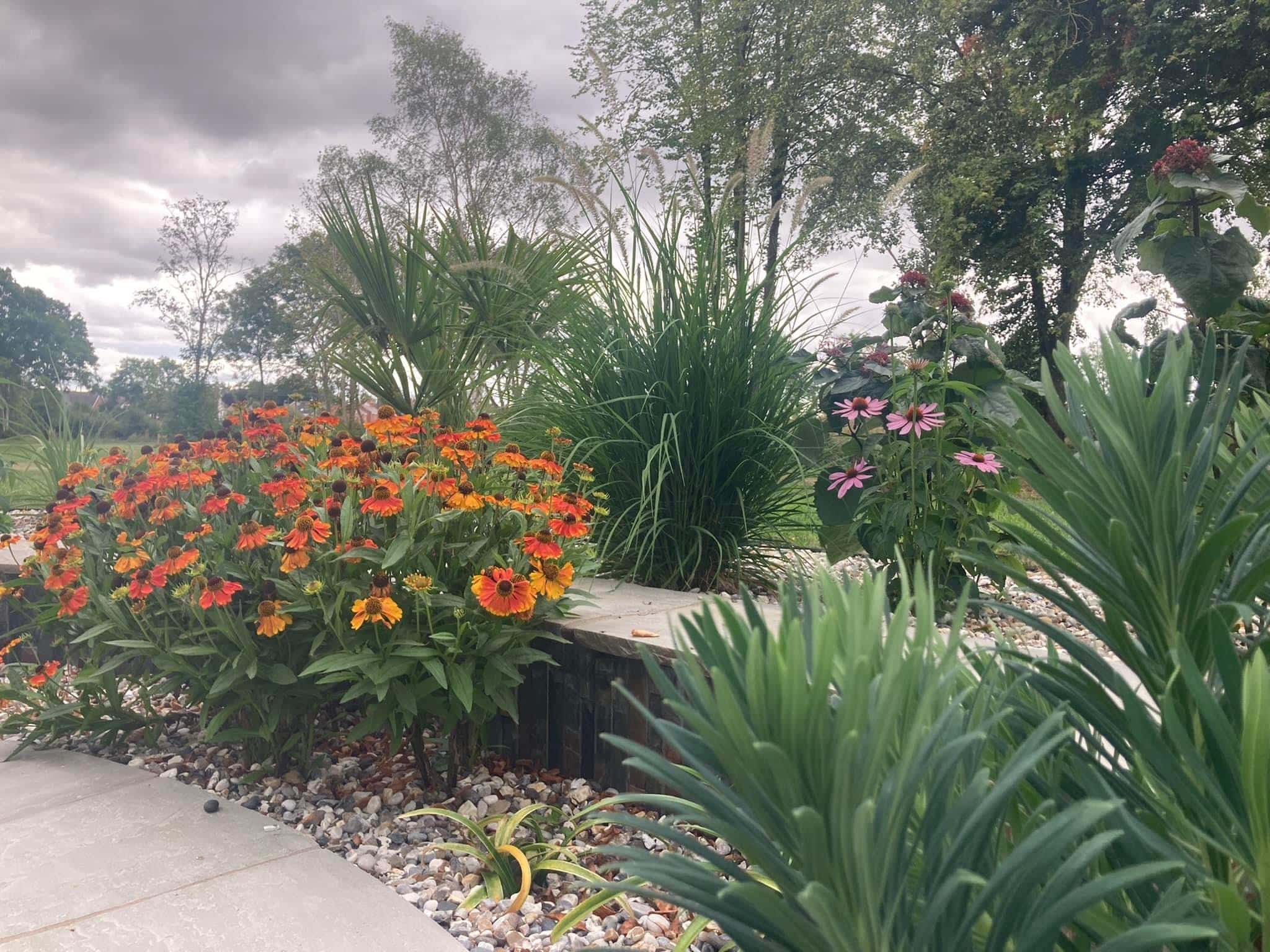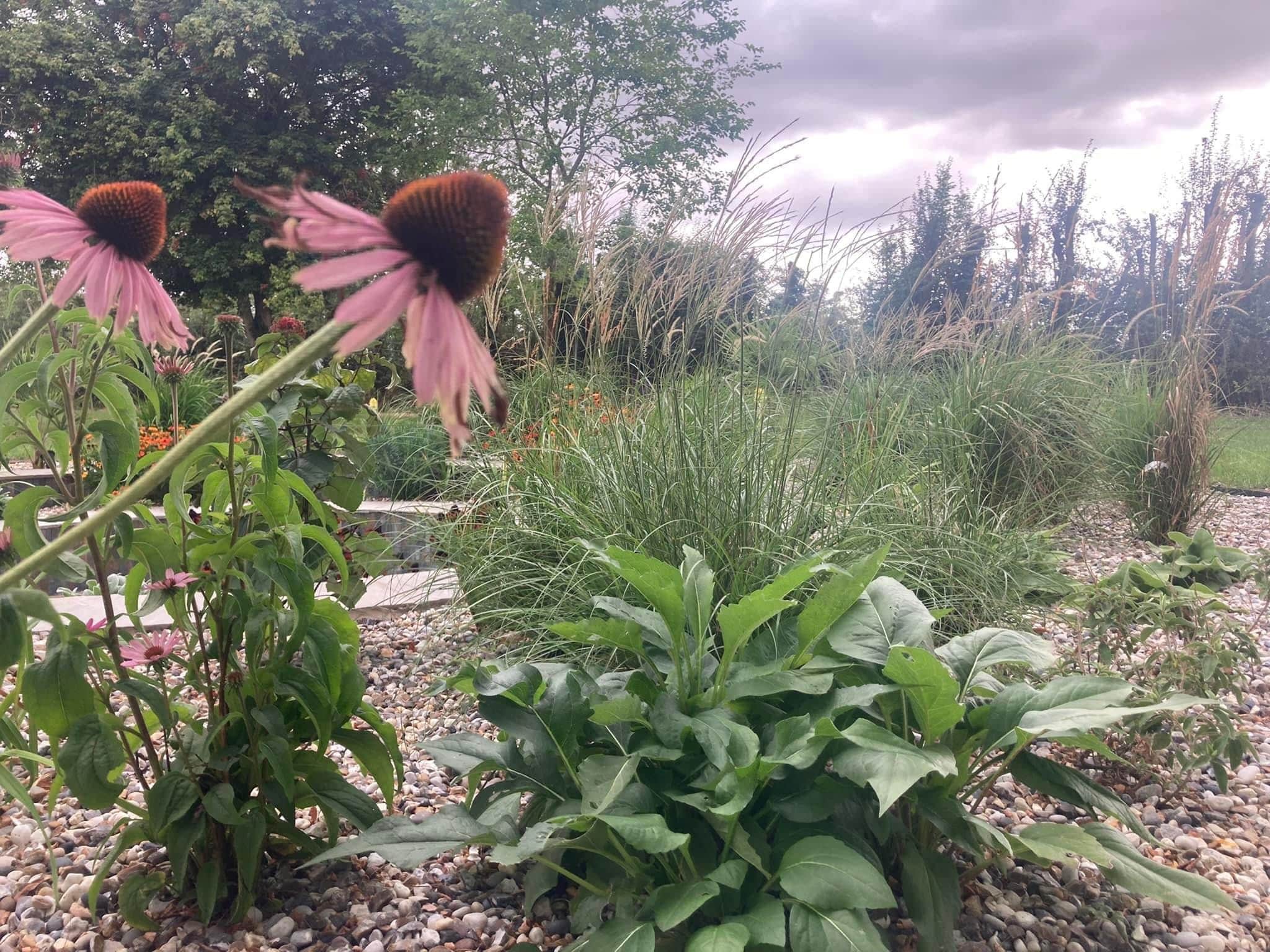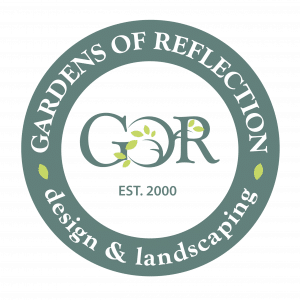Soil Types
There are many different soil types, such as:
- Clay soils which contain over 25% clay and are considered a heavy soil due to the many nutrients from the clay minerals but they are hold a lot of water due to the small spaces between the clay particles. They drain slowly and take longer to warm up than other soils. Clay soil is easily compacted in the wet and baked dry in warmer months. This can be challenging to plant with but the soil can be improved using soil conditioners.
- Sandy soils have a high content of sand but very little clay. They are known as a light soil and drain freely after rainfall. Sandy soil is often low in nutrients as diluted by the rain and can often be very acidic.
- Silt soils are typically fertile, considerably well drained and hold more moisture than sandy soils.
- Loam soil are a mixture of clay, sand and silt which are fertile and drain easily after rainfall, making the soil easy to work with. are fertile, well-drained and easily worked. They can be clay-loam or sandy-loam depending on their composition.
- Peat soils consist of organic matter, are fertile and retain moisture.
Understanding the different soil types within your garden is prudent, as this will ensure the survival of plants introduced into their new environment.
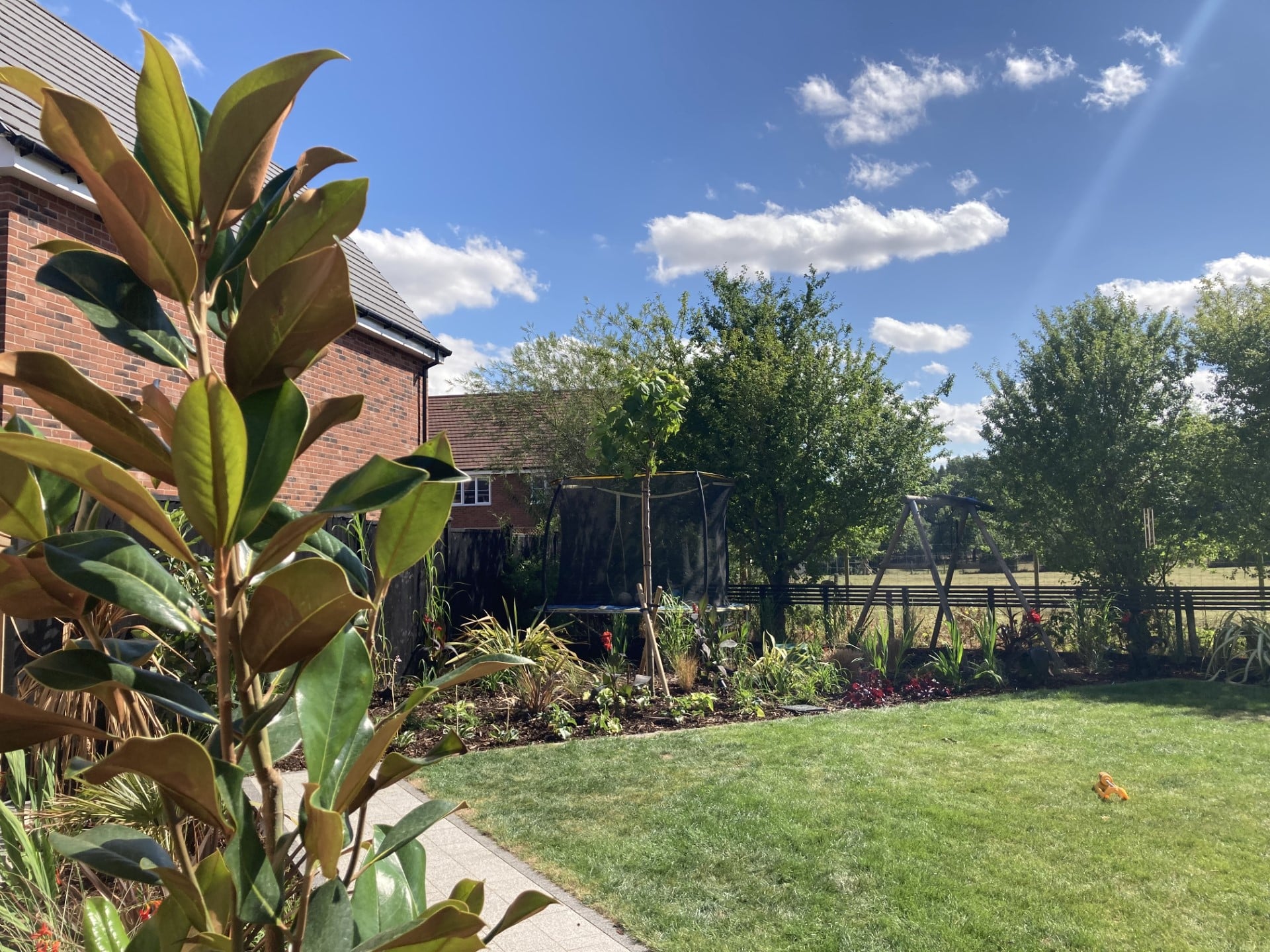
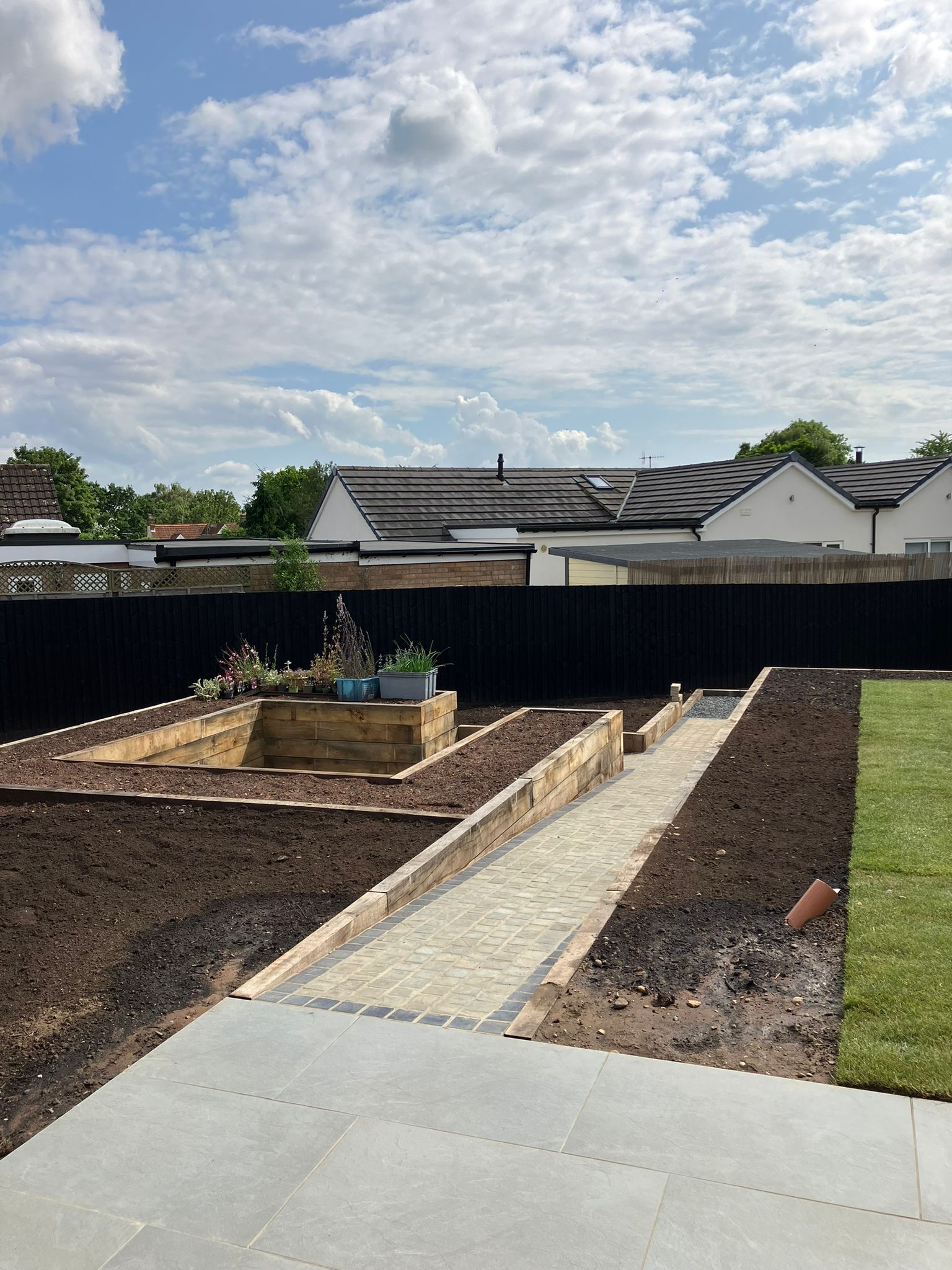
pH Ranges of Soil
Understanding the type of soil you have in your garden is fundamental to the success and health of your plants, as soil consists of many different components. Carrying out a pH test can establish how acidic or alkaline the soil is.
A soil pH test is a measure of how acidic or alkaline soil is. It is a number that describes the concentration of hydrogen ions in the soil solution.
| pH Range | Soil Type |
|---|---|
| 0-3.5 | Strongly acidic |
| 3.5-4.5 | Very strongly acidic |
| 4.5-5.0 | Extremely acidic |
| 5.0-5.5 | Strongly acidic |
| 5.5-6.0 | Moderately acidic |
| 6.0-7.0 | Slightly acidic to neutral |
| 7.0-8.0 | Slightly alkaline |
| 8.0-8.5 | Moderately alkaline |
| 8.5-9.0 | Strongly alkaline |
| 9.0-10.0 | Very strongly alkaline |
We can carry out a simple test to determine the types of soil within your garden, which will enable us to produce a bespoke planting plan suited to your garden.
For example, a Camellia thrives in acidic soil, and as a result will grow well and produce an abundance of flowers. However, if a Camellia was planted in alkaline silty soil, whilst it would survive, the growth and flower production would be considerably reduced, therefore resulting in an unhealthy plant.
Please contact us if you would like us to conduct an analysis to determine the type of soil within your garden.
Additional Design Services
All charged at an hourly rate
As part of our design service, we carry out full topographical surveys, including a level survey. Sometimes clients wish to design their own gardens or add elements to their existing garden. A scaled plan of your garden can help you plan and visualise how the changes could potentially look. If you would like an independent survey producing, please contact us for more information.
We will advise which services need to be carried out by Specialist contractors

